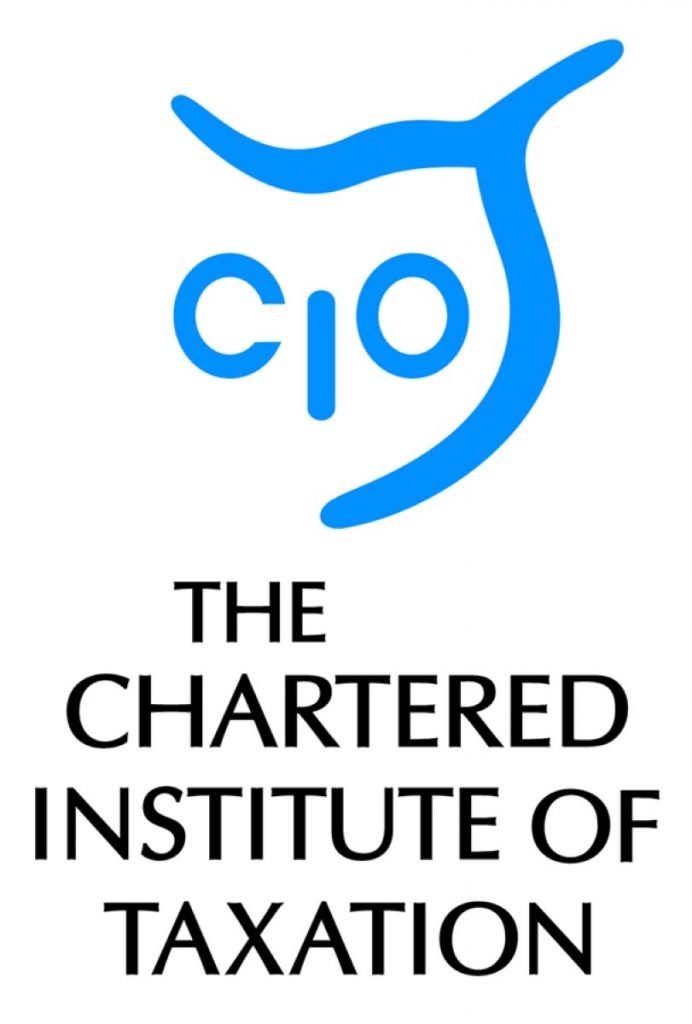Apprenticeships Levy – firms face hefty costs
Commenting on the Government’s announcement today of the level of the Apprenticeship Levy, John Cullinane, Tax Policy Director of the Chartered Institute of Taxation, said:
“The Apprenticeship Levy is the big revenue raiser in this year’s Autumn Statement, raising an extra £3 billion a year from business by 2020 with what is basically a new payroll tax. Fixing the rate at 0.5 per cent of payroll is at the top end of expectations and will mean a hefty additional cost for some businesses.
“The Government is keen to stress that businesses that invest in apprenticeships should do well out of this new source of funding. It is odd that the levy appears in the Budget documents as improving the Government’s finances by £3bn a year when it is meant to be hypothecated toward increasing the quality and quantity of apprenticeships: government accounting sometimes is odd.
“One concern is that some firms that invest a lot in training may still lose out, because of the form in which that training takes place. For example professional services firms put a huge amount into training their students, but mostly not in the form of apprenticeships. Larger firms in this category, who will also have to pay the levy, could be big net losers as a result, despite being big investors in training. They may also be incentivised by these rules to change the focus of their training rather than increase overall investment in training.”
Putting the Apprenticeships Levy alongside all other tax changes announced since the election (in the Summer Budget and Autumn Statement) results in a net increase in taxation of:
2015-16: £1.315 billion
2016-17: £4.565 billion
2017-18: £9.635 billion
2018-19: £11.445 billion
2019-20: £11.305 billion
2020-21: £11.805 billion
(Source: Summer Budget and Autumn Statement Blue Books (as the Red Books now appear to have become), policy decisions tables)
NB. This does not take into account changes in expected tax revenues as a result of other factors, such as changes in anticipated growth and employment rates.
- The Chartered Institute of Taxation (CIOT)
The CIOT is the leading professional body in the United Kingdom concerned solely with taxation. The CIOT is an educational charity, promoting education and study of the administration and practice of taxation. One of our key aims is to work for a better, more efficient, tax system for all affected by it – taxpayers, their advisers and the authorities. The CIOT’s work covers all aspects of taxation, including direct and indirect taxes and duties. Through our Low Incomes Tax Reform Group (LITRG), the CIOT has a particular focus on improving the tax system, including tax credits and benefits, for the unrepresented taxpayer.
The CIOT draws on our members’ experience in private practice, commerce and industry, government and academia to improve tax administration and propose and explain how tax policy objectives can most effectively be achieved. We also link to, and draw on, similar leading professional tax bodies in other countries. The CIOT’s comments and recommendations on tax issues are made in line with our charitable objectives: we are politically neutral in our work.
The CIOT’s 17,500 members have the practising title of ‘Chartered Tax Adviser’ and the designatory letters ‘CTA’, to represent the leading tax qualification





-01.png)